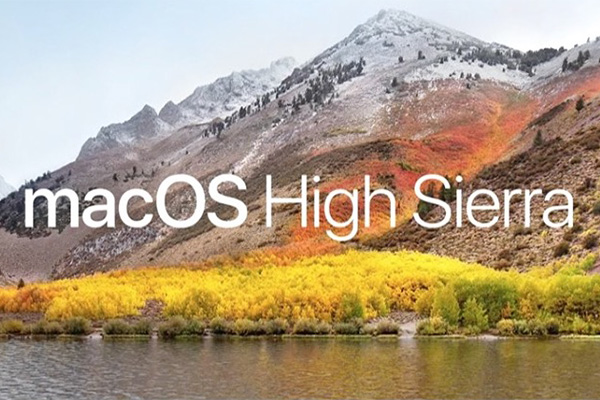How do I uninstall Java on my Mac?
This article applies to:- Platform(s): macOS
» Learn more about the Java Uninstall tool
Uninstall Oracle Java using the Terminal
It includes tools for developing, debugging, and monitoring Java applications. Oracle strongly suggests to now use the term JDK to refer to the Java SE Development Kit. The Java EE SDK is available with or without the JDK, by which they specifically mean the Java SE 7 JDK. Follow below steps to install JDK on Mac OS High Sierra 10.
Note: To uninstall Java, you must have Administrator privileges and execute the remove command either as root or by using the sudo tool.
Remove one directory and one file (a symlink), as follows:
- Click on the Finder icon located in your dock
- Click on Go in the Finder menu
- Click on Utilities
- Double-click on the Terminal icon
- In the Terminal window Copy and Paste the commands below:
sudo rm -fr /Library/Internet Plug-Ins/JavaAppletPlugin.pluginsudo rm -fr /Library/PreferencePanes/JavaControlPanel.prefPanesudo rm -fr ~/Library/Application Support/Oracle/Java
/usr/bin. This directory is part of the system software and any changes will be reset by Apple the next time you perform an update of the OS. Note: After successfully uninstalling Java, you may remove Java Deployment cache using these instructions.
Can I restore Apple Java 6 after uninstalling Oracle Java?
Yes, see the instructions on the Apple website Restore Apple Java 6. If you have JDK 7 or later versions installed on your system and you want to restore Apple Java 6, then those JDK versions need to be uninstalled first. See the instructions to Uninstall JDK.
MORE TECHNICAL INFORMATIONUninstall JDK
To uninstall JDK 7 and later versions, you must have Administrator privileges and execute the remove command either as root or by using sudo. See the instructions to Uninstall JDK.
You might also be interested in:
- Mac OS X information for installing and using Java
- How do I install Java for my Mac?
- Where is the Java Control Panel on Mac?
- How do I clear Java cache on my Mac?
- How do I Update Java for my Mac?
Check compatibility

You can upgrade to macOS High Sierra from OS X Mountain Lion or later on any of the following Mac models. Your Mac also needs at least 2GB of memory and 14.3GB of available storage space.
MacBook introduced in late 2009 or later
MacBook Air introduced in late 2010 or later
MacBook Pro introduced in mid 2010 or later
Mac mini introduced in mid 2010 or later
iMac introduced in late 2009 or later
Mac Pro introduced in mid 2010 or later
To find your Mac model, memory, storage space, and macOS version, choose About This Mac from the Apple menu . If your Mac isn't compatible with macOS High Sierra, the installer will let you know.
Make a backup
Before installing any upgrade, it’s a good idea to back up your Mac. Time Machine makes it simple, and other backup methods are also available. Learn how to back up your Mac.
Get connected
It takes time to download and install macOS, so make sure that you have a reliable Internet connection. If you're using a Mac notebook computer, plug it into AC power.
Download macOS High Sierra
For the strongest security and latest features, find out whether you can upgrade to macOS Catalina, the latest version of the Mac operating system.
If you still need macOS High Sierra, use this App Store link: Get macOS High Sierra.
Begin installation

After downloading, the installer opens automatically.
Click Continue and follow the onscreen instructions. You might find it easiest to begin installation in the evening so that it can complete overnight, if needed.
If the installer asks for permission to install a helper tool, enter the administrator name and password that you use to log in to your Mac, then click Add Helper.
Allow installation to complete
Java For Mac Os
Please allow installation to complete without putting your Mac to sleep or closing its lid. Your Mac might restart, show a progress bar, or show a blank screen several times as it installs both macOS and related updates to your Mac firmware.
Learn more
Java For Mac Os 10
- If you have hardware or software that isn't compatible with High Sierra, you might be able to install an earlier macOS, such as Sierra or El Capitan.
- macOS High Sierra won't install on top of a later version of macOS, but you can erase your disk first or install on another disk.
- You can use macOS Recovery to reinstall macOS.